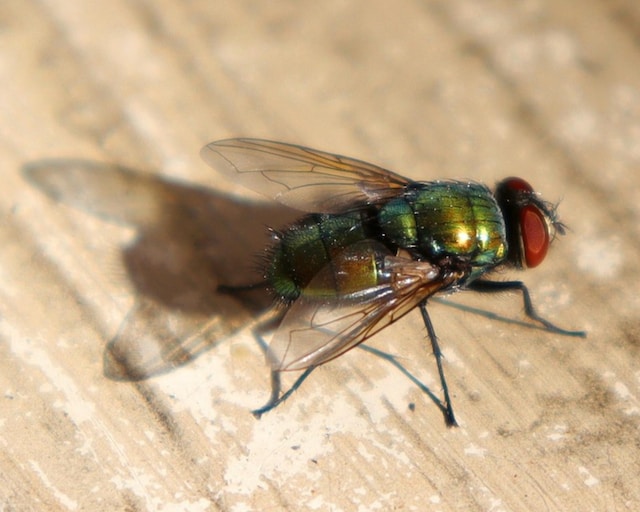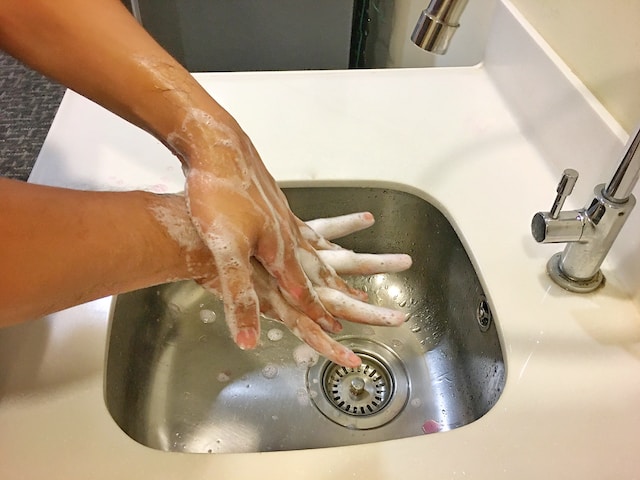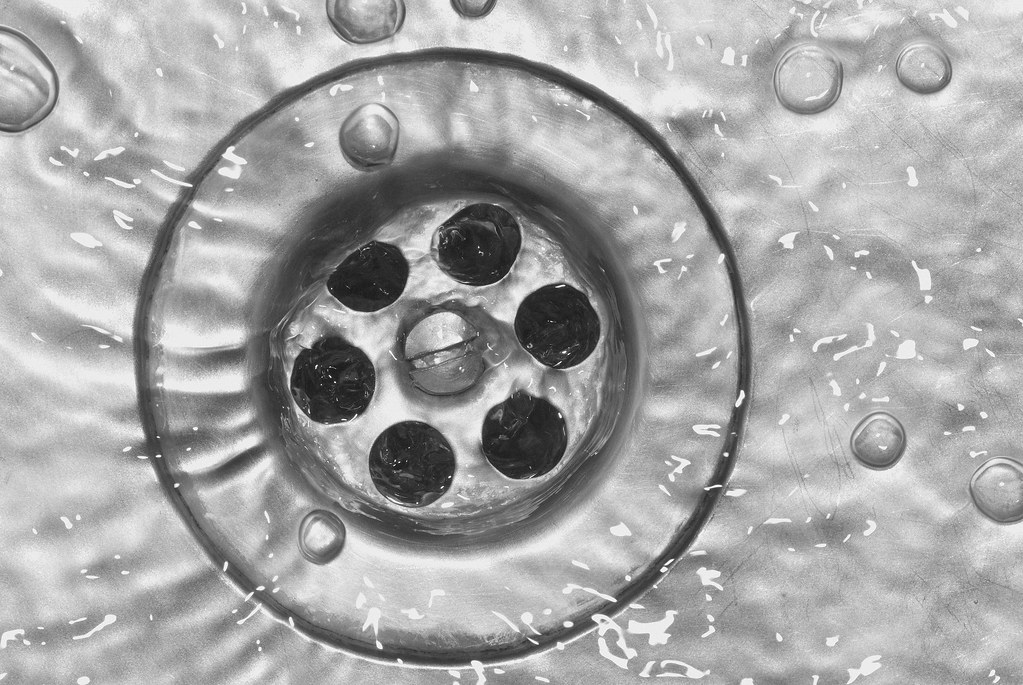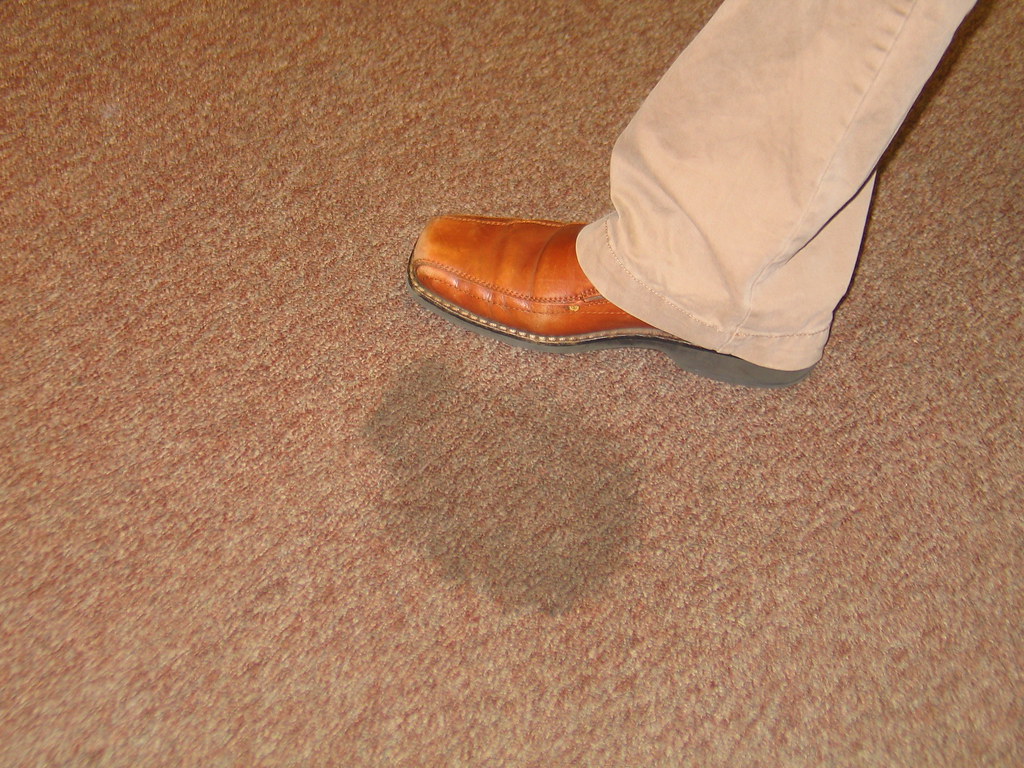Pesticides are used to control pests on fruits and vegetables, such as insects, weeds, and fungi. While they can be effective in preventing crop damage, they can also leave behind residues on the produce.
The amount of pesticide residue on fruits and vegetables varies depending on the type of produce, the growing conditions, and the way the produce is processed. In general, the Environmental Protection Agency (EPA) sets limits on the amount of pesticide residue that is allowed on food. These limits are based on the amount of pesticide that is considered safe to consume.
Some people are concerned about the health effects of eating fruits and vegetables with pesticide residues.
The research on this topic is mixed. Some studies have found that eating fruits and vegetables with pesticide residues can increase the risk of certain health problems, such as cancer. Other studies have found few if any links between pesticide residues and health problems.
However, if you are concerned about pesticide residues on fruits and vegetables, here’s what to do:
- Wash fruits and vegetables thoroughly before eating them.
- Choose organic produce whenever possible. These tend to have fewer pesticides.
- Avoid fruits and vegetables with a high risk of pesticide residue, such as strawberries, apples, and grapes.
- Grow your own fruits and vegetables.
How to make sure you stay safe.
Commercial kitchens typically use a citric-acid-based cleaning solution specially engineered to clean fruits and vegetables and to remove pesticides. At least one is made from 100 percent, FDA-approved, food additives. This makes it safe to use and effective.
Pronatural Brands cleaning, sanitizing & disinfecting products are made from 100% naturally derived, FDA approved food additive ingredients. They are just as powerful as leading chemical-based solutions – just safer.






